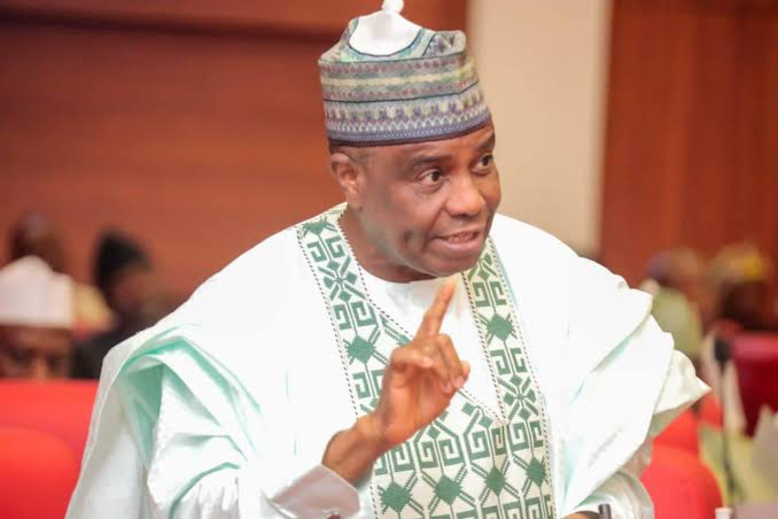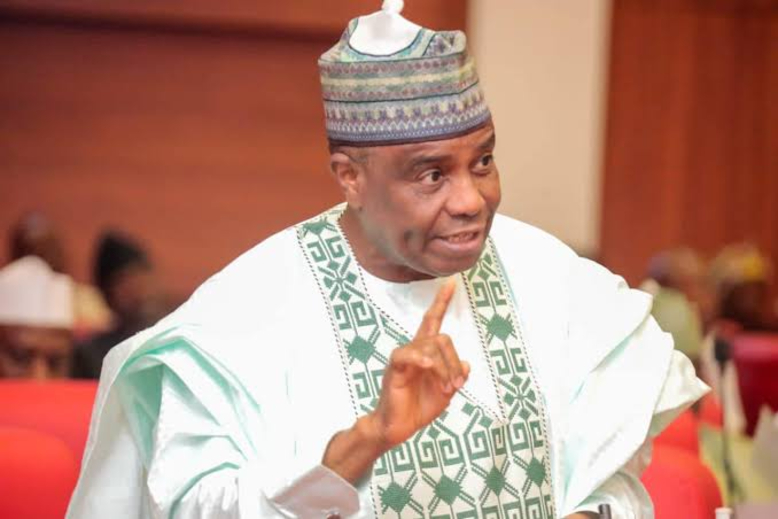Ethiopia’s Grand Ethiopian Renaissance Dam (GERD) has sparked controversy, with reports suggesting that at least 15,000 people may have died during its construction. The $5 billion mega dam, which is expected to double Ethiopia’s electricity output, has been a subject of concern for downstream neighbors Sudan and Egypt, who fear it could impact their water supplies.
The construction of the dam, which began in 2011, was largely self-funded by Ethiopia, with the government issuing bonds and rallying public donations to raise funds. Chinese loans were used to set up auxiliary infrastructure, such as power transmission lines and turbines. The project has been seen as a symbol of national unity, with millions of Ethiopians contributing financially to its construction.
However, the dam’s construction has been marred by reports of deaths, including engineers, workers, security forces, and residents who contributed to or supported the project. Former GERD chief project manager Simegnew Bekele was found dead in his car in 2018, with speculation surrounding the circumstances of his death.
The dam has also been a point of contention between Ethiopia and its downstream neighbors. Egypt and Sudan have long raised concerns that the dam could reduce their share of the Nile’s water, posing an existential threat to Egypt, which relies almost entirely on the Nile for freshwater. Despite years of negotiation, the three countries have yet to reach a water-sharing agreement.
Ethiopia has dismissed concerns that the dam will harm its neighbors, stating that it has adhered to the 2015 Declaration of Principles signed by the three nations and has continually shared updates with neighboring countries. The country has also gained support from upstream countries, such as Uganda, which backs a regional accord for equitable water use.
The 1959 Nile Waters Treaty, which allocated 55.5 billion cubic meters of water to Egypt and 18.5 billion cubic meters to Sudan, is also a point of contention. Ethiopia, which was not included in the treaty, does not recognize its validity, citing that it was not an independent country at the time. The treaty’s exclusion of other riparian states, including Uganda, Kenya, and Tanzania, has also contributed to its contentious nature.
As the dam’s commissioning ceremony approaches, scheduled for September 9, the international community is watching with interest. The ceremony is expected to draw dignitaries from across the continent, although Egypt and Sudan’s attendance is uncertain. With the dam’s completion, Ethiopia is transitioning to operations, and negotiations with its neighbors are expected to continue. The country’s water and energy minister, Habtamu Itefa, has stated that Ethiopia is ready for any discussion, emphasizing that the dam is for the benefit of all countries in the region.



